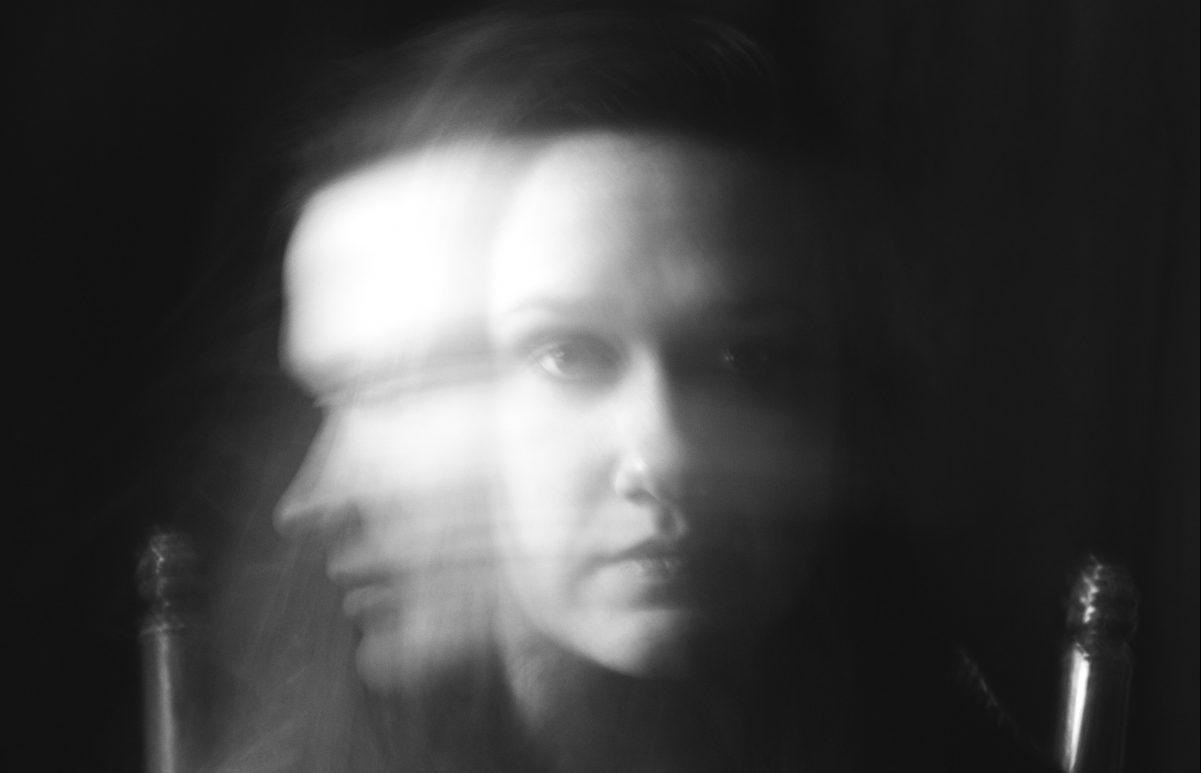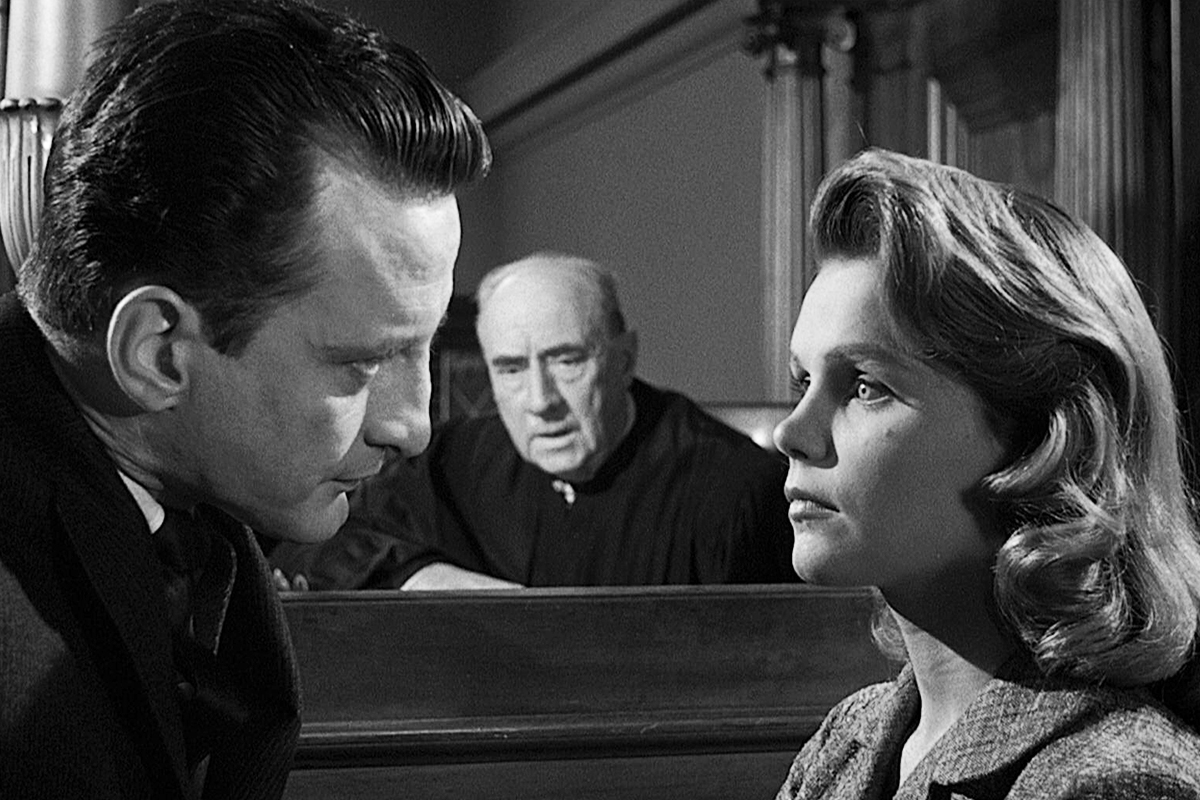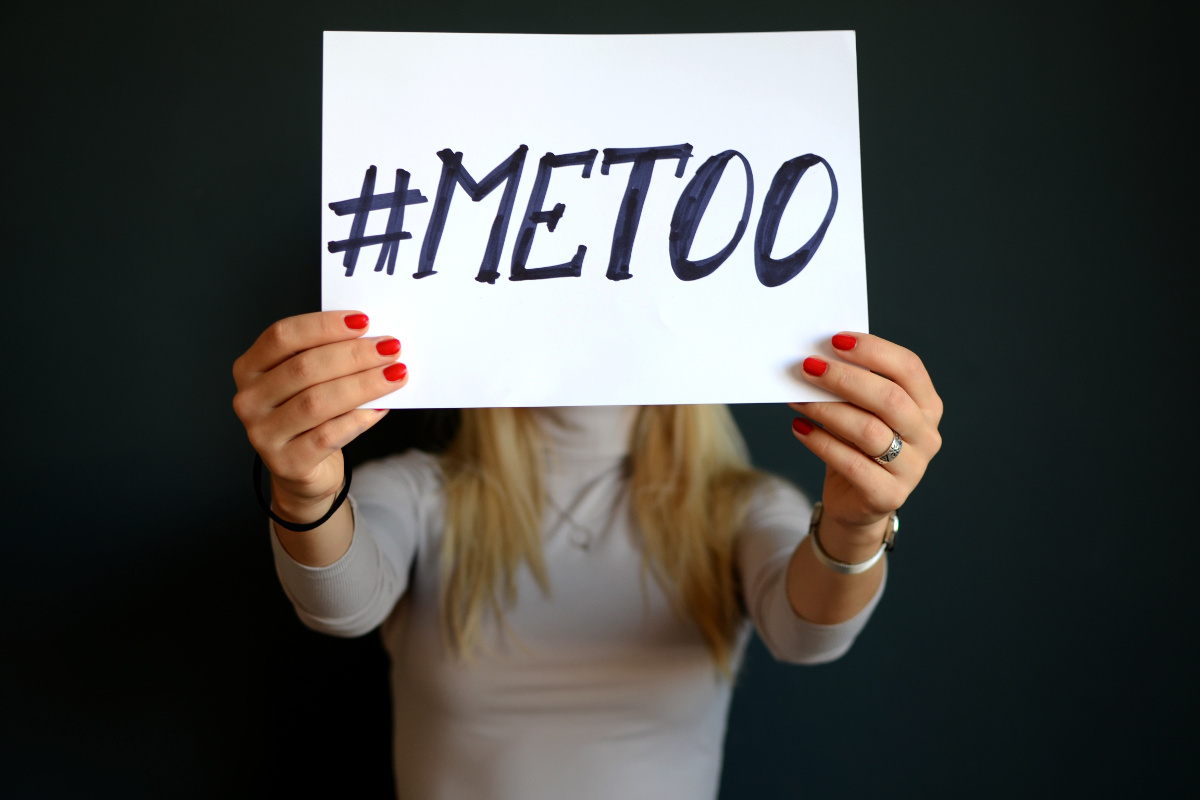How the #MeToo Movement Helped Create a Script for False Accusers
Web sites such as Project Unbreakable, notwithstanding the good intentions behind their creation, can serve as a resource kit for dishonest complainants.

The complainant, whom I’ll call Chloe, wept as she labored through her testimony. At several points, she was so overcome by emotion that court proceedings had to pause for a break. Throughout that first day of the preliminary hearing, she projected a sense of soft-spoken vulnerability, but also a certain inner strength. In the hallway outside the courtroom, she was surrounded by trained victim-services support workers, who helped her family avoid contact with the accused.
As an observer in court that day back in 2016, I can attest that Chloe appeared highly credible. She seemed intent on answering every question to the best of her ability. On the drive home from the British Columbia courthouse where the proceedings were taking place, a colleague who’d accompanied me concluded, quite simply: “She’s very believable.”
It had been a year since the alleged assault. Still, she was able to summon up details that brought those past events to life. Her speaking style was natural and unaffected. Absent-mindedly pulling the sleeves of a somewhat ill-fitting cardigan sweater down toward her wrists, she recounted tearfully how the accused had acted after the assault, mocking her for not being able to look him in the eyes.
Chloe seemed to remember the words that the accused had used that day as if they were burned into her mind. “You’ll like this, just trust me,” and “You should be thankful I’m doing this to you. I could have any girl.”
I felt sorry for her—even though I suspected that the story she’d just told us was about to fall apart.
* * *
For several years now, I have regularly observed Canadian sexual-assault proceedings, as part of my work with a non-profit organization called the Lighthouse Project. Many of these sexual-assault prosecutions hinge entirely on the credibility of the alleged victim and the alleged assailant. In some cases, journalists will say that there is “no evidence” presented in these cases. But, as lawyers are quick to point out, testimony is evidence.
Judges and jurors, like everyone else, often imagine they are good at catching liars. But studies show otherwise. In research published in the Personality and Social Psychology Review, subjects were found to “achieve an average of 54% correct lie-truth judgments, correctly classifying 47% of lies as deceptive and 61% of truths as non-deceptive.” In other words, not much better than a coin flip.

Still, there are methods that can help sniff out false narratives. For instance, creating believable dialogue is difficult, even for professional writers. And the stories that go along with most false accusations sometimes contain dubious, stereotypical descriptions of what the accused and the victim supposedly said to one another. In some cases, a false accuser might say that the accused just endlessly repeated the same stereotypically menacing line over and over. Or they might claim that nothing was said whatsoever.
But Chloe’s testimony didn’t fit that pattern. She reported dialogue with the accused that was full of credible seduction lines and manipulation tactics. While her memory for physical details was lacking, Chloe’s recall for words was impressive, and helped her answer important questions. Why didn’t she resist the attacker’s advances? “He said ‘just relax,’” she told the courtroom. “‘It will be over in a few minutes.’”
But on day two of the preliminary hearing, a different Chloe emerged.
The box of tissues sat mostly undisturbed in the witness box as we learned that Chloe had almost 20 different social media accounts which she used to promote her work as an activist. The soft-spoken girl from the day before now presented herself more as a savvy internet expert. She explained how a TV network paid her for her YouTube content. She corrected the defense lawyer archly when he misused internet terminology. A tweet, she explained, is different than a retweet.
The prosecutor, who seemed to not know or care about Chloe’s online life, questioned the relevance of this line of inquiry. Okay, so Chloe cursed like a longshoreman on Tumblr, posted hundreds of sexually charged images to Instagram, and created videos to educate young women about sexual violence on YouTube. So what? Surely the defense couldn’t be arguing that an anti-sexual-assault activist was unlikely to experience sexual assault. That would rightly be labeled a form of rape myth.
The problem for the prosecution was that Chloe had told the court, under oath, that she didn’t understand what consent meant; and she’d lamented that no one had ever warned her that sexual assault could ever happen to someone like her. Yesterday’s Chloe had presented as a sheltered girl, raised in a strict Christian household, and terrified that no one would love her now that she’d lost her virginity. Today’s Chloe was another person entirely.

During breaks, defense counsel spoke with the prosecutor, suggesting she reconsider the strength of her case. She responded by saying that she believed Chloe’s story. And so the case continued.
Cross-examination is often the most difficult part of the process for a sexual-assault complainant. But in this case, Chloe appeared to be very much up to the challenge. She sometimes seemed brash, in fact, throwing one-liners at the defense lawyer when, in her view, he betrayed ignorance about the proper language used to describe sexual assault. “I didn’t have sex with him,” Chloe asserted at one point. “He raped me. That isn’t the same as sex.”
On the way home from court that second day, my colleague and I discussed the role of the court-appointed victim-support advocates. Under cross-examination, Chloe sounded at some points as if she were reciting pre-formed phrases, which often related more to the subject of sexual-assault in general than to the events she’d allegedly endured. During the preliminary hearing, she also seemed friendly with the prosecutor, exchanging wry looks during courtroom proceedings and casual jokes during breaks.
* * *
When the trial began seven months later, Chloe again appeared vulnerable, as she had on the first day of the preliminary hearing, and again sometimes lapsed into tears. The prosecutor warned the court that Chloe may need to switch to closed-circuit TV to give evidence, citing the woman’s (previously undisclosed) anxiety disorder. Courtroom observers also learned that Chloe had been involved in a car accident (also previously undisclosed) that had affected her short-term memory.
During cross-examination, Chloe was again asked about her activism. For about a month prior to meeting the accused, Chloe testified, she’d been promoting an event aimed at raising awareness about sexual assault. The event was ultimately canceled, Chloe said, because she’d become depressed following her encounter with the accused. Moreover, police had instructed her to refrain from using social media until the conclusion of the trial.
At this point in the proceedings, the defense produced a poster board containing a collage of phrases that Chloe had collected from Project Unbreakable—a web site featuring photos of dozens of women holding handwritten signs emblazoned with the words their rapists had said to them during or after a sexual assault. Chloe had typed out phrases from these signs onto a social-media page advertising her canceled event.
I knew the relevance of this evidence—even if many others in the courtroom did not. Eighteen of these phrases from the website and collage had found their way into Chloe’s police statement about her own alleged sexual assault. She claimed that all these words had been spoken to her by the accused.
The defense counsel asked Chloe: “Would you agree that ‘Just trust me, you’ll like this’ is similar to your police statement, where you claim the accused said, ‘Trust me, you’ll like this?’”
Answer: “I didn’t choose what he said to me.”
Question: “Would you agree that ‘Was that your first time?’ is similar to your police statement, where you claim the accused said, ‘Is this your first time?'”
Answer: “Some of the words are the same, but it’s the English language.”
Question: “Would you say, ‘Sorry to fuck and leave’ is similar to, ‘Are you just going to fuck me and leave?'”
Answer: “It’s the English language.”
At one point, the prosecutor challenged whether or not the social-media posts containing these words could be definitively pinned to Chloe. After a break, which would have allowed the prosecution to refine their strategy, Chloe stopped acknowledging that the content from Project Unbreakable appeared on a social-media account she controlled, and switched to saying that she wasn’t sure.
Eventually, Chloe simply refused to testify any further. When she didn’t show up to court following two days of cross-examination, slowed by the prosecutor’s many objections, the prosecutor told the court that Chloe’s mother had called in with information that Chloe was suicidal. The prosecutor asked for a six-month adjournment. The judge said no. With the complainant’s story now falling apart, the entire case collapsed and the charges eventually were stayed for a year in October of 2017.
That may sound like a positive outcome for the defendant. But the man didn’t get an outright acquittal, which is the best form of legal vindication in such cases. Moreover, his legal bills totaled over $100,000. (Unlike in civil cases, there generally is no way for an unjustly accused defendant to recoup such costs.) To this day, his mother—my original point of contact through the Lighthouse Project—is taking anti-anxiety medication. The accused has given up his former career path, despite graduating with good marks in the midst of this ordeal. At one point, when it seemed like he might drop out of school altogether, I said to him, “Worst case scenario: it’s better to be in jail with a degree than to be in jail without one.” That was the first time I’d seen him smile, and I like to think that it affected his decision to stay in school.
The #MeToo movement, along with other previous movements and hashtags, has opened up vast resources online that help victims of sexual assault seek justice, network with allies and other survivors, and recover emotionally from their trauma. This is all to the good. But as Chloe’s case helps demonstrate, these same resources can also be used as tools to create a realistic backstory out of whole cloth. In 2016, a young British woman admitted, after just a few minutes of cross-examination at trial, that she had manufactured a sexual-assault complaint against her father, using the lurid plot of Fifty Shades of Grey as her source material. The father might well have been convicted if he hadn’t mentioned to his lawyer in passing, just a day before trial, that his daughter’s favorite book was, by his recollection, “about a millionaire who takes a young woman under his wing and ‘teaches her about art.’”
Likewise, if Chloe hadn’t promoted her interest in sexual-assault prevention on social media and recorded videos about her activism, how would the evidence in her case have come to light? The prosecutor and police reportedly didn’t research any of this in detail before the case went to trial; and when issues were raised by the defense, the Crown made no effort to examine or provide exculpatory evidence. Indeed, the court transcripts indicate that the prosecutor’s behavior was so outrageous that the judge warned about possible contempt charges. Yet this episode produced no social-media outrage, despite the fact that a likely innocent man might easily have gone to jail.
And then there is the matter of statistical recording, a subject that has garnered great interest in the #MeToo era. How will the outcome of this trial be officially recorded? By official Canadian measures, it will be classified as “withdrawn or dismissed charges”—a category for “cases where all charges were withdrawn by the Crown (prior to the entering of a plea by the accused) or dismissed by the court. These decisions all refer to the court stopping or interrupting criminal proceedings against the accused.”
Which is to say: To the extent that the outcome will become known to the public at all, it will be classified as an incomplete trial. It won’t be recorded as a false accusation. Just the opposite, in fact: Journalists who report in this field will cite this data point as an instance of injustice to sexual assault victims.
The #MeToo movement has drawn appropriate attention to historically ignored injustice. Thousands upon thousands of real sexual-assault survivors have come forward to tell their stories and seek justice. But all movements, no matter how virtuous in intent, open up unintended misuses of their cause. In this respect, #MeToo is no different. Web sites such as Project Unbreakable, notwithstanding the good intentions behind their creation, can serve as a resource kit for dishonest complainants. And in such an environment, the emotional and political reflex that leads us to automatically “believe the victim” will sometimes cause us to cheerlead the imprisonment of innocent men.
The only way to avoid such miscarriages of justice is through the rigorous application of due process, including the presumption of innocence. These are age-old principles, and some might dismiss them as old-fashioned. But in the age of #MeToo, as Chloe’s story shows us, they are more important now than ever.






